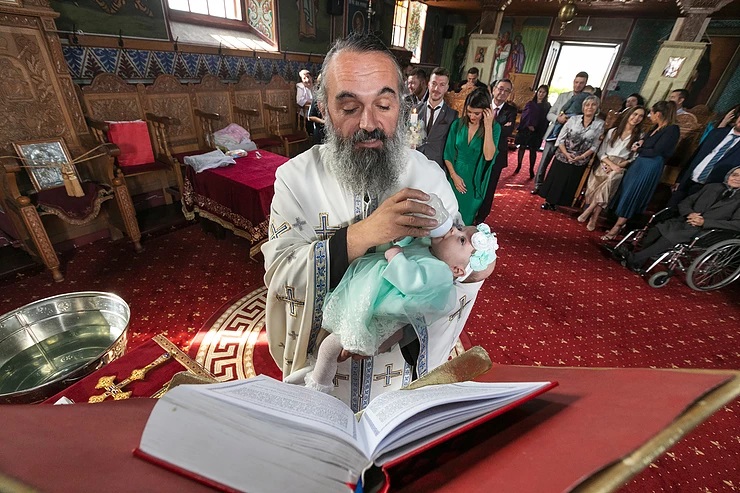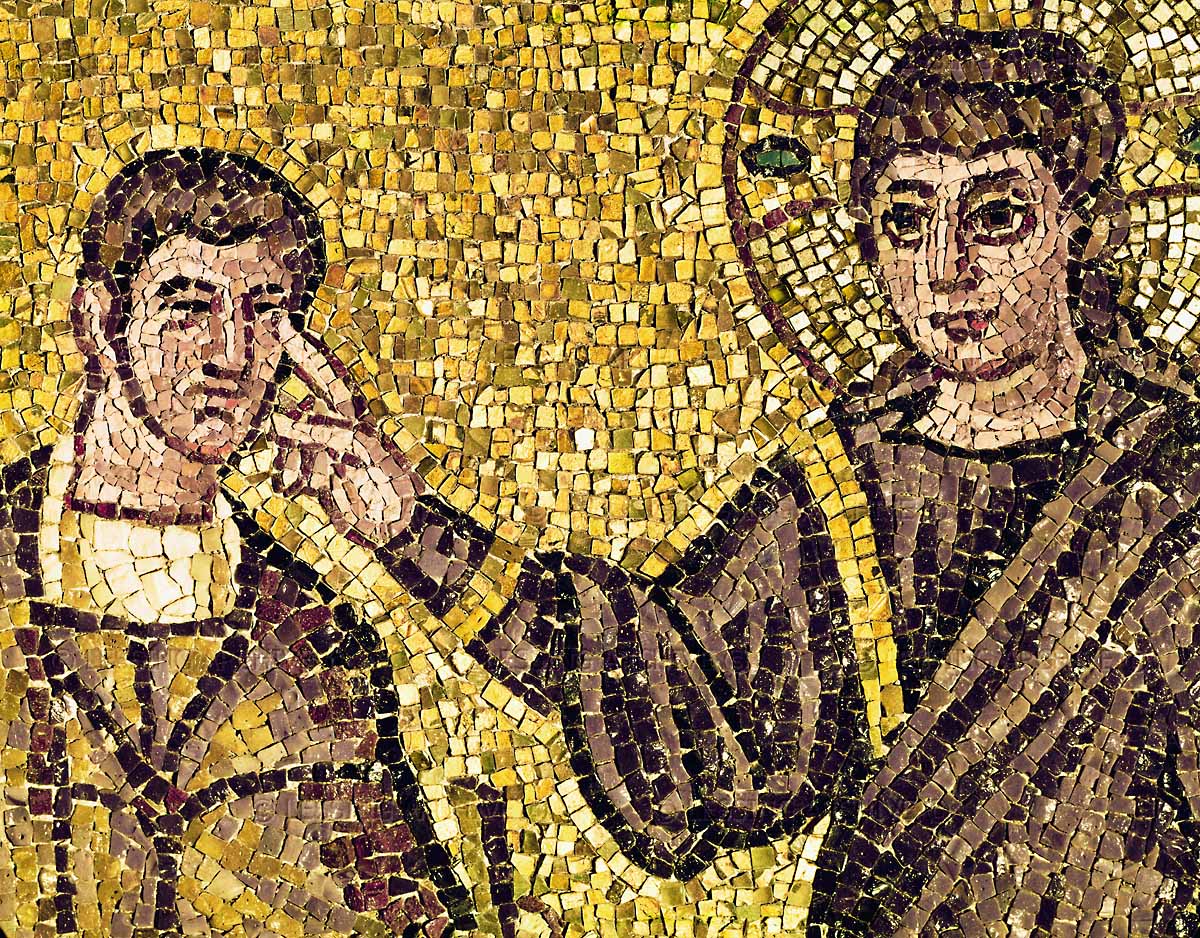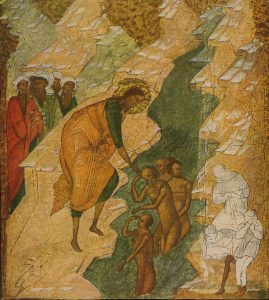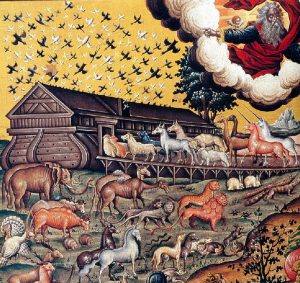Happy New Year, Blessings for 2022!
Today the Church honors the 8th day of the Nativity, the circumcision of the Lord. The ritual also includes the naming of the child –Jesus. It is also a day on which we consider our own incorporation into the Church through Baptism. In both cases, today is a day celebrate our being made anew in Christ.
For the Christian, baptism has replaced circumcision as the entrance into the life of the church. Colossians 2:11-12 witnesses to this: “In him you were also circumcised with a circumcision not administered by hand, by stripping off the carnal body, with the circumcision of Christ. You were buried with him in baptism, in which you were also raised with him through faith in the power of God, who raised him from the dead.” One of the reasons for this, though not the only one, is that now Gentiles were entering the Church.
St. Paul says, “There is neither Jew nor Greek, there is neither slave nor free person, there is not male and female; for you are all one in Christ Jesus. (Galatians 3:28) Even in the Scripture, it was decided that Gentiles did not need to be circumcised. Circumcision was a limited entrance, it could only be for males. However, both circumcision and baptism did require a change of heart, a true repentance, a turning to the Lord. The prophet Jeremiah preached, “Be circumcised for the Lord, remove the foreskins of your hearts” (4:4).
This was echoed in the New Testament by St. Paul, “One is not a Jew outwardly. True circumcision is not outward, in the flesh. Rather, one is a Jew inwardly, and circumcision is of the heart, in the spirit, not the letter; his praise is not from human beings but from God” (Romans 2:28-29).
Circumcision was done of the eighth day, it was the beginning of a new creation, for God created the world in six days and rested on the seventh, the new creation begins on the eighth day. For the Christian, baptism, too, is the beginning of a new creation: “you should put away the old self of your former way of life, corrupted through deceitful desires, and be renewed in the spirit of your minds, and put on the new self, created in God’s way in righteousness and holiness of truth” (Ephesians 4:22-24). The Feast of the Circumcision, then, is in the middle of our passage from the Birth of the Lord to his Baptism in the Jordan. It is a time to renew our hearts, and begin to live in Christ.

 An Orthodox priest was captured by a professional photographer as he was feeding a baby girl while proclaiming the Gospel at the child’s baptism service at the Ascension of the Lord Church in Podu Olt, Brasov County, Romania.
An Orthodox priest was captured by a professional photographer as he was feeding a baby girl while proclaiming the Gospel at the child’s baptism service at the Ascension of the Lord Church in Podu Olt, Brasov County, Romania.
 Today is the seventh day of Bright Week, the joyful celebration of the Resurrection of Christ. In today’s Apostolic Reading, St. Peter again proclaims, “The author of life you put to death, but God raised him from the dead; of this we are witnesses” (Acts 3:15). The gospel returns to the theme of baptism, for our life in Christ through the mystery of baptism is the beginning of our share in Christ’s eternal resurrection.
Today is the seventh day of Bright Week, the joyful celebration of the Resurrection of Christ. In today’s Apostolic Reading, St. Peter again proclaims, “The author of life you put to death, but God raised him from the dead; of this we are witnesses” (Acts 3:15). The gospel returns to the theme of baptism, for our life in Christ through the mystery of baptism is the beginning of our share in Christ’s eternal resurrection. One the key parts of the Great Fast is attending to Baptism. Do we realize the import of Baptism and its roots?
One the key parts of the Great Fast is attending to Baptism. Do we realize the import of Baptism and its roots?